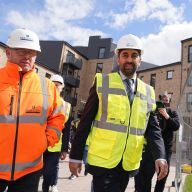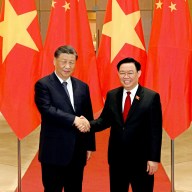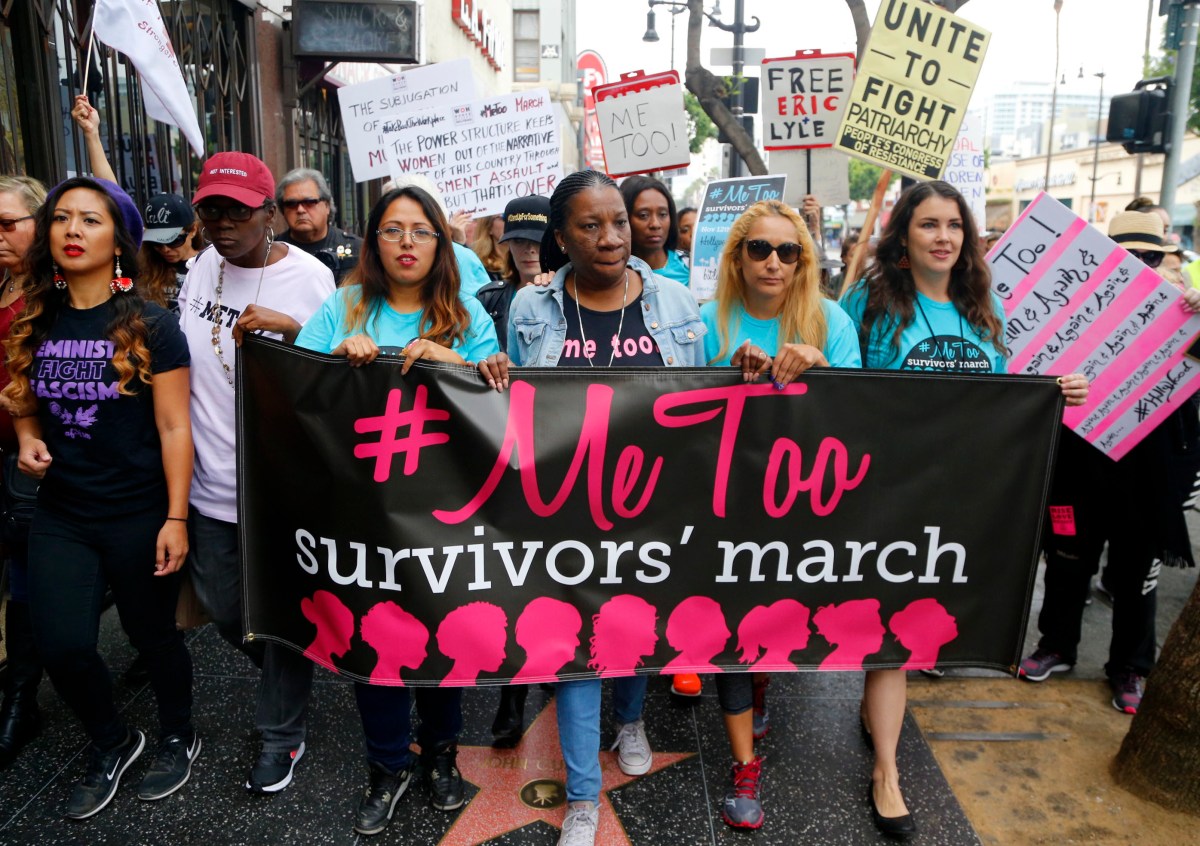CONAKRY, Guinea – In this African capital two decades ago, an unknown army officer staged a coup, promising democracy.
He won over the people by declaring he had come to power poor, and if they ever saw him with a nice car or big house they would know he had stolen.
His name was Lansana Conte and at his funeral last week, his children arrived in a convoy of opulent SUVs. He was buried on the grounds of a house the size of a hotel, built with public funds.
Hours after his death, another unknown army officer declared a coup. He too is promising democracy.
He too vows not to steal from the people – and to punish anyone who does.
In Guinea, history is stuck on replay.
Since winning independence half a century ago, the nation has been pillaged by its ruling elite.
Its people are among the world’s poorest, even though its soil has diamonds, gold, iron and half the world’s reserves of the raw material used to make aluminum.
The question is whether this time will be any different?
The international community rushed to condemn last week’s coup.
But people in Guinea have largely welcomed the coup leader, seeing in his age – 44 – and junior rank – captain – signs that he is not part of the corrupt elite that brought the nation to the brink of economic collapse.
When his cortege drives through town, people greet him with cries of “Long live the president!” A top imam in the mostly Muslim nation declared that he had saved Guinea.
Before the coup, few had heard of Capt. Moussa (Dadis) Camara. There was so much confusion over his name that Guinean TV stations initially referred to him as “Gadis” and “Badis.”
Though he may not be known to civilians, he is no stranger to the military and now leads a junta that includes generals and colonels – men who once far outranked him.
Despite his rank, Camara built a base in the military that grew out of his job as head of gasoline distribution.
His job helped him forge ties with soldiers at every level who relied on him for fuel in a country where gas stations often close for days at a stretch.
He earned a reputation for fairness, helping even the lowest corporal get gas for his scooter, according to soldiers interviewed at the capital’s largest barracks.
His appeal is rooted in his promise of a zero tolerance policy toward corruption.
He’s specifically vowing to go after anyone who tries to buy him off.
Already, he says, people have offered bags of cash to his wife and cars to his children.
“I want to warn anyone who thinks they can try to corrupt me … Money is of no interest to us.”
He promises to hold elections within two years and swears he won’t be on the ballot.
He has met a key demand of the international community, naming a civilian as prime minister during the interim administration.
Although Camara himself enjoys broad support, that’s not the case for some of the other members of the 32-person junta.
Human rights groups are especially concerned about the inclusion of Claude Pivi, currently the subject of a torture complaint.
“It scares me that this person is in power,” says 36-year-old Djemory Doumbouya. “Knowing what he did to me, what is he going to do to Guinea?”
One month ago, the side mirror on Pivi’s SUV was stolen while he was drinking with his bodyguards in a Conakry bar.
He ordered his men to seize the six people who happened to be sitting outside and drive them back to the barracks, according to witnesses, a forensic medical report and a complaint filed with the country’s defence minister.
Doumbouya lifts his shirt to show the mutilated tissue on his chest.
He says they dragged him on the gravel with his arms tied behind his back for the length of a city block. They poured molten rubber on his thighs, leaving a wound so deep he can no longer wear underwear or sit properly in a chair.
The account is confirmed by Gadiry Diallo, head of the West African Human Rights Defenders Network, who took pictures of their wounds.
“His name on the list of coup leaders gives me pause – and makes us wonder if we can believe all the promises they are making,” said Diallo.
















